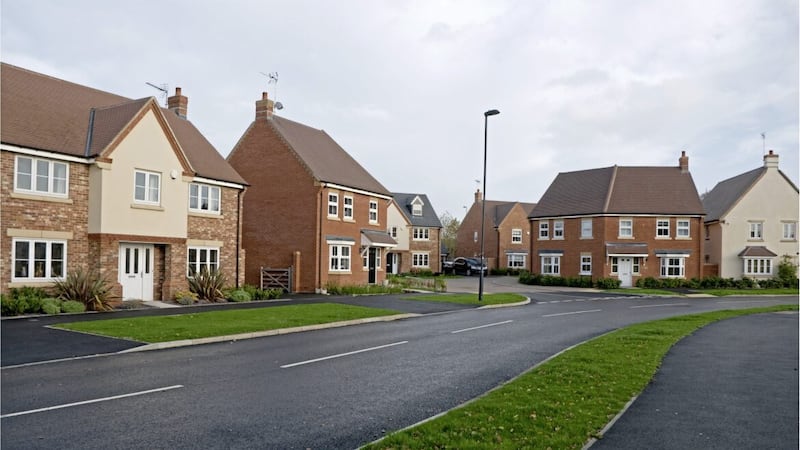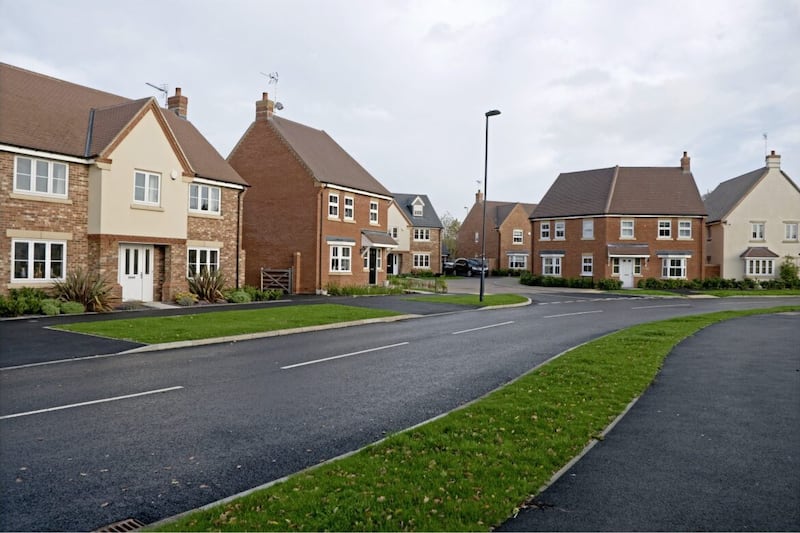SPECIALIST real estate development finance lender Blend has renewed its commitment to supporting mid-size property developers in Northern Ireland.
It follows its recent funding of schemes in Lisburn, Holywood, Dundonald, Bangor, Derrycrin, Omagh, Ballinderry and Limavady.
And it comes as Blend confirmed the appointment of Philip Anderson, formerly of Allied Irish Bank, as its Northern Ireland lending manager based in Belfast.
Over the past few months, Blend has welcomed a team of senior bankers and credit specialists to its lending team.
Duncan Armstrong (portfolio asset manager) joined from Secure Trust Bank, Claire McGirr (head of portfolio management), David Alcock (managing director) and Will Powell (lending director) all joined from Hampshire Trust Bank, Chris Mason (lending director) joined from Assetz Capital, and Chris Hope (senior portfolio asset manager) joined from Investec.
The Blend team possess a strong local presence in Northern Ireland, as well as a deep knowledge and expertise of the local market to better understand the funding needs of house-builders and support them accordingly.
While the north's housing market has continued to push higher in recent months despite growing concerns around the cost-of-living crisis, funding has historically been a key challenge for local house-builders - a challenge which worsened sharply during the pandemic and now as a result of the looming recession.
Last year, Northern Ireland saw a 5.5 per cent house price increase, which was above the 4.8 per cent UK-average, and compared to pre-pandemic levels, the price of existing housing stock in Northern Ireland has rocketed by a fourth.
One of the reasons for such strength of the housing market is the persistent lack of supply, and Northern Ireland has consistently missed on its annual housing build targets over the past few years.
Last year, former Minister for Communities Deirdre Hargey spoke of the need to deliver 100,000 homes over a 15-year period to 2037, which equates to just under 7,000 new homes a year.
But in the decade from 2010 to 2020, the average annual number of private-owner housing completions in the region was just 5,336, and the average annual number of social-development housing completions was 954 - both well below the targets.
In the first nine months of last year, the total number of new housing unit completions plummeted to 4,934, and this is expected to further slow.
Land and Property Services data on new dwelling completions suggests that between 2008 and 2019, a deficit of 27,000 new homes was accumulated, equal to three years’ worth of housebuilding target.
Jonathan Millar, managing director of Colliers Belfast, said: "For a number of reasons, including the lack of availability of funding, especially for SME property developers, Northern Ireland - and Belfast in particular - has witnessed a historical pressure on its housing supply stock.
"This lack of supply will continue to maintain an upward pressure on house prices. The local housing market has remained incredibly resilient over the past year, and compared to pre-pandemic levels, the price of existing housing stock in Northern Ireland has increased far above the price increments seen across any other UK region."
Philip Anderson, regional lending manager at Blend, said: "We've long been an active development finance lender to Northern Irish property developers, supporting developers across the region access the funding they need to build more houses, and since 2018, we have funded countless residential development schemes."






